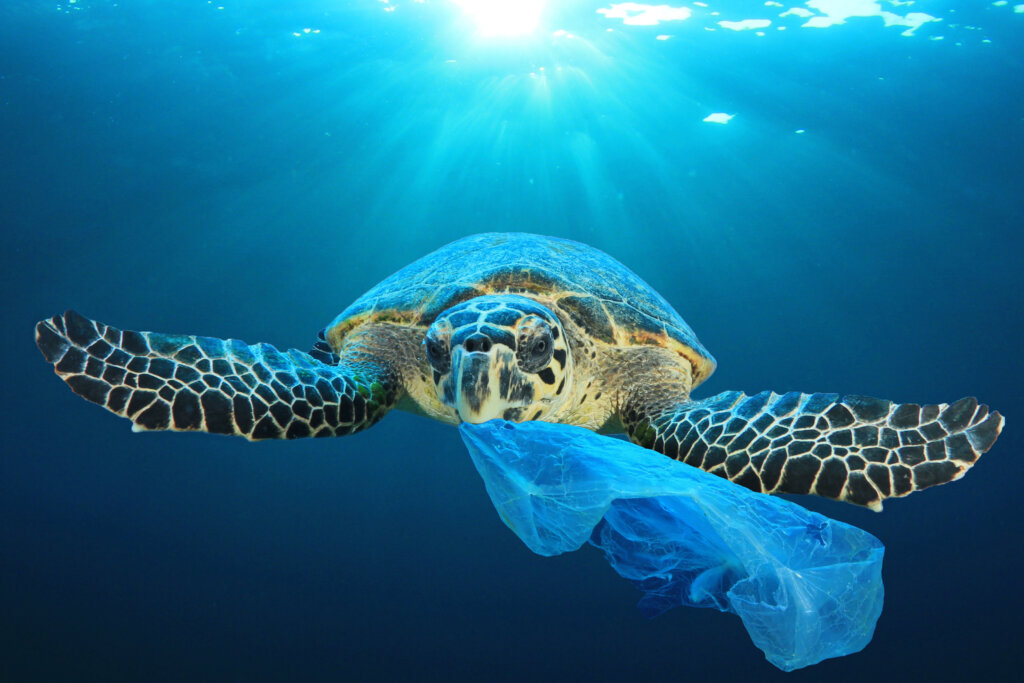Our lives depend on healthy waters
We swim, surf and snorkel in the ocean. We raft and fish on rivers. We boat on lakes. These waters provide us with water to drink and fish to eat. They nourish our minds, bodies and souls.
Wherever water flows on this planet, there is life. Rivers gave birth to human civilizations. Oceans regulate our climate and absorb carbon dioxide. Yet we pump chemicals into our rivers and dump trash into our oceans.
If we want to ensure that future generations can enjoy a vibrant blue planet, we have to take better care of the very source of all life on earth.



Mobilizing people to protect our water
Groundwater pollution and overuse by heavy industries and agriculture are leading to water shortages. Millions of people lack access to clean drinking water.
We are a key partner to grassroots leaders who are dedicated to cleaning up our polluted rivers, lakes and seas. We also partner with environmental allies and indigenous leaders to protect sensitive marine waters and wildlife from disruptive, and sometimes deadly, ship traffic.
Healthy rivers & lakes
Rivers are a critical source of clean drinking water. We train partners to build sweeping volunteer networks that mobilize local people to patrol rivers and report pollution from factories and mines, so that they can be cleaned up or shut down.
Ocean trash
The ocean is turning into our trash can. We collaborate with local communities to improve garbage collection and storage to stop the flow of trash into the oceans.
Blue parks
Pristine ocean areas are disappearing fast. We work in coalition with environmental allies, indigenous leaders, anglers and other outdoor enthusiasts to protect the Yosemites of our oceans.
Ocean rules
Ships kill wildlife with ship strikes and disturb migration, breeding and feeding patterns. We work with local and indigenous leaders to steer ships clear of wildlife and stop them from dumping their waste into the ocean.
Livelihoods
Local communities and indigenous peoples depend on healthy waters for food, prosperity and cultural sustenance. We partner with local leaders to protect local rivers, coasts and ocean life.
